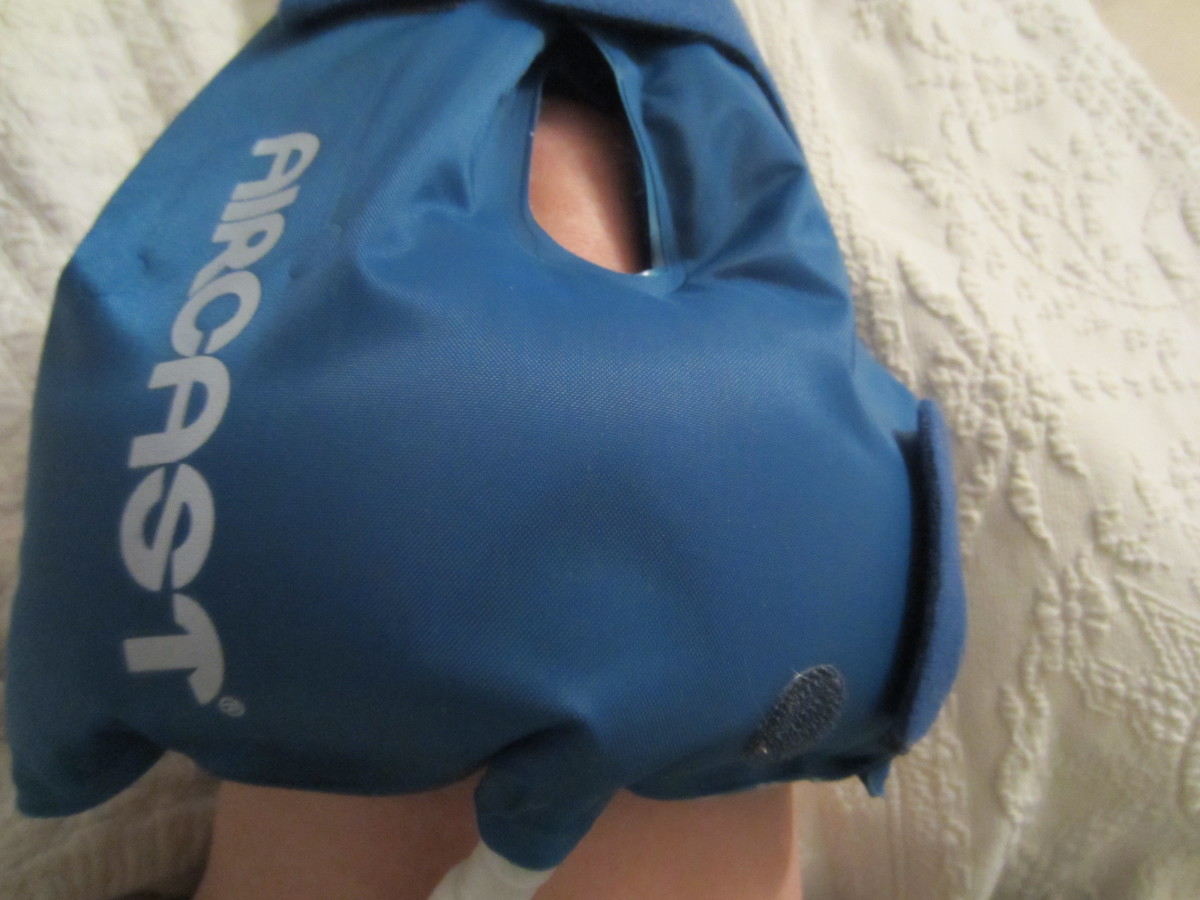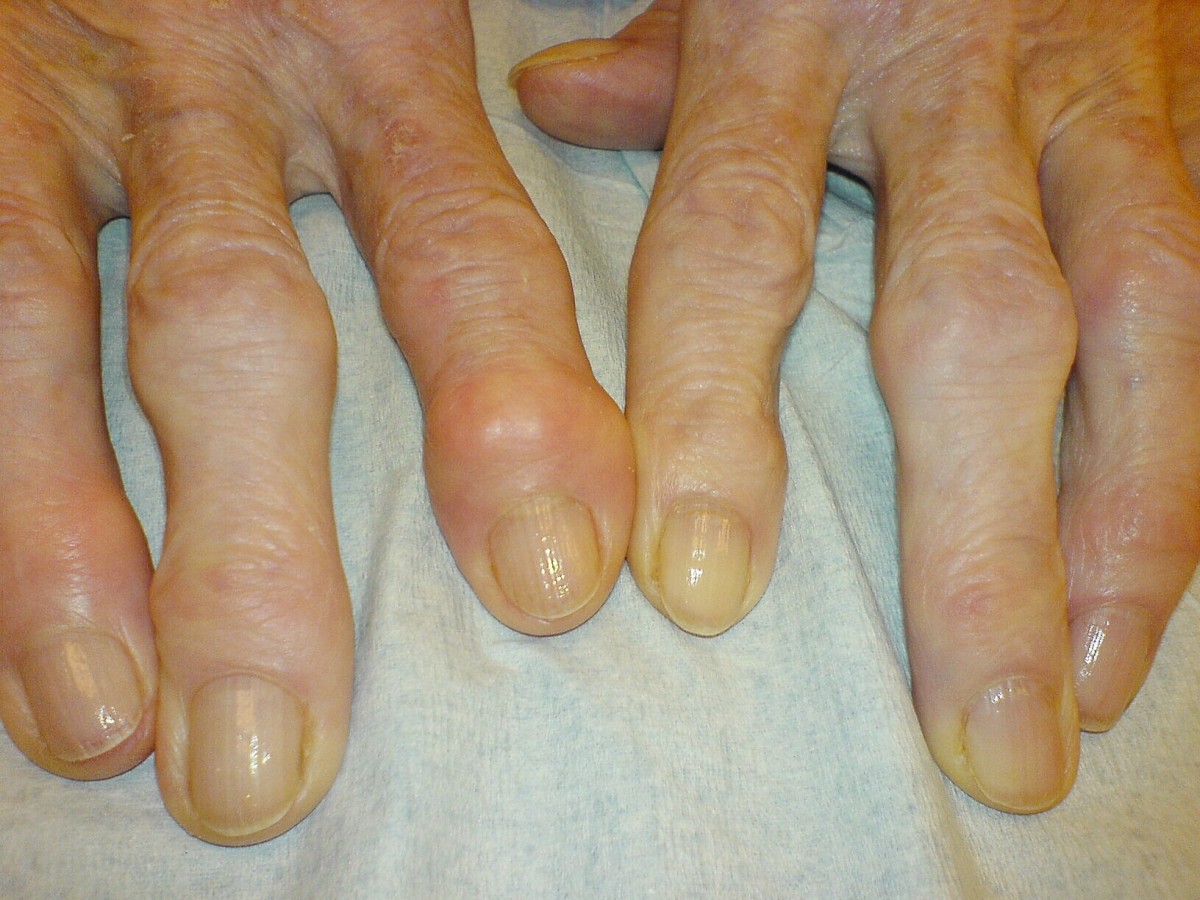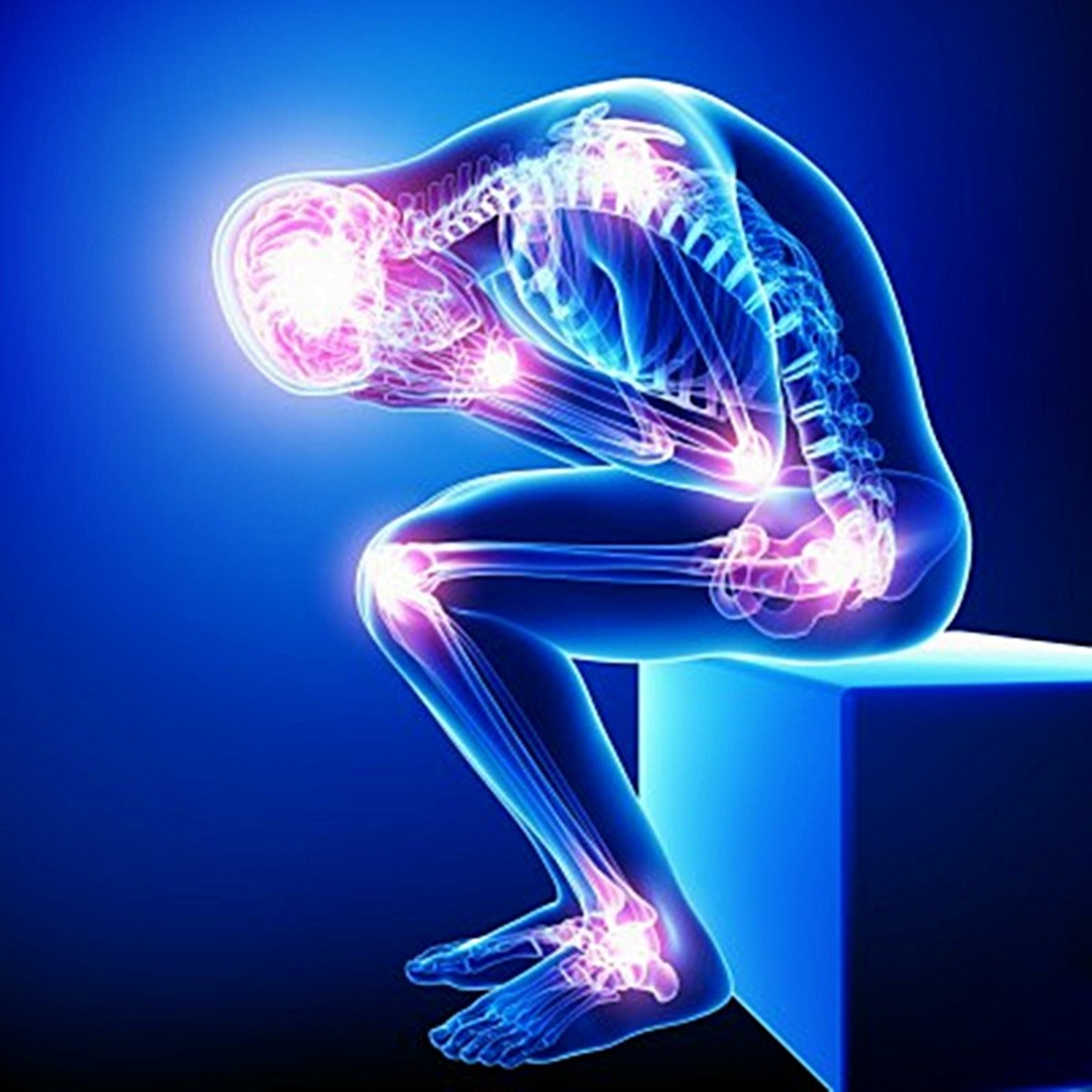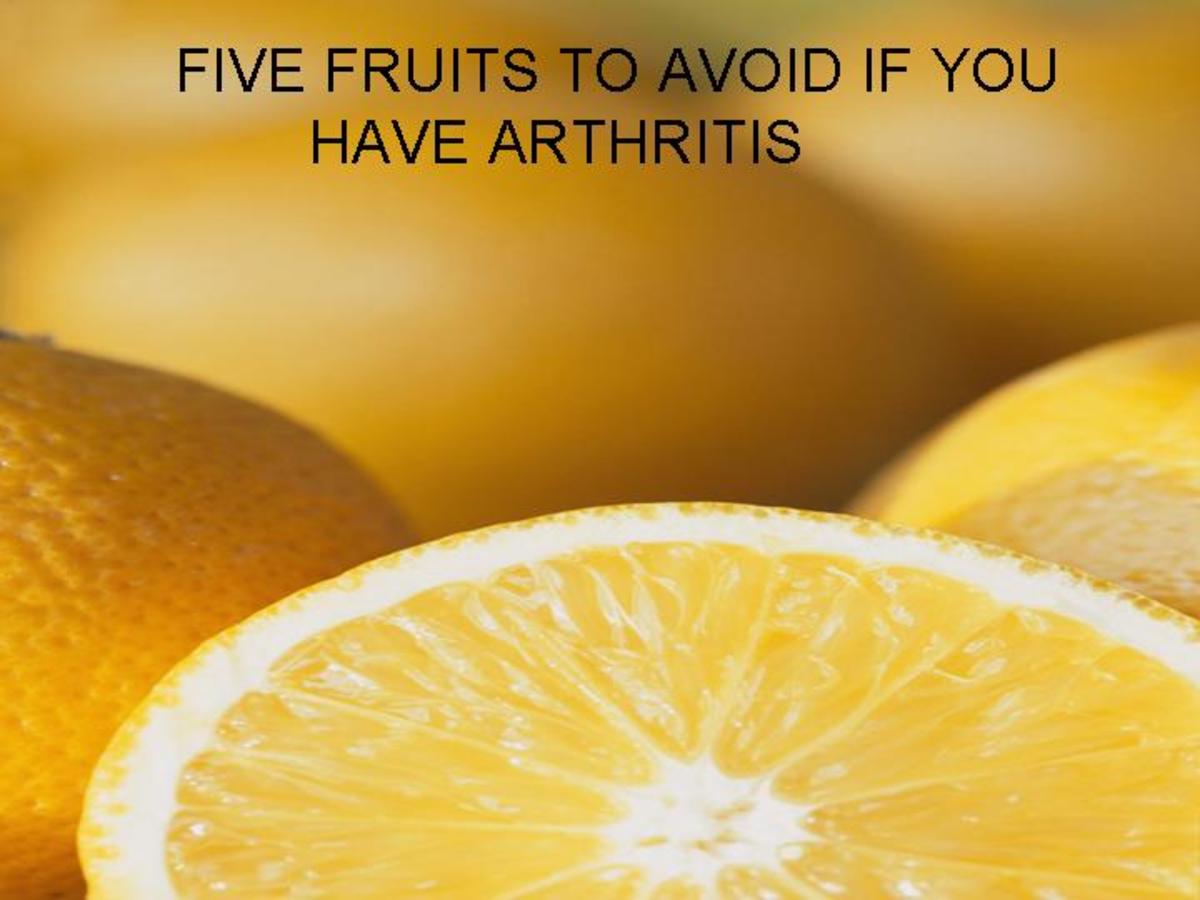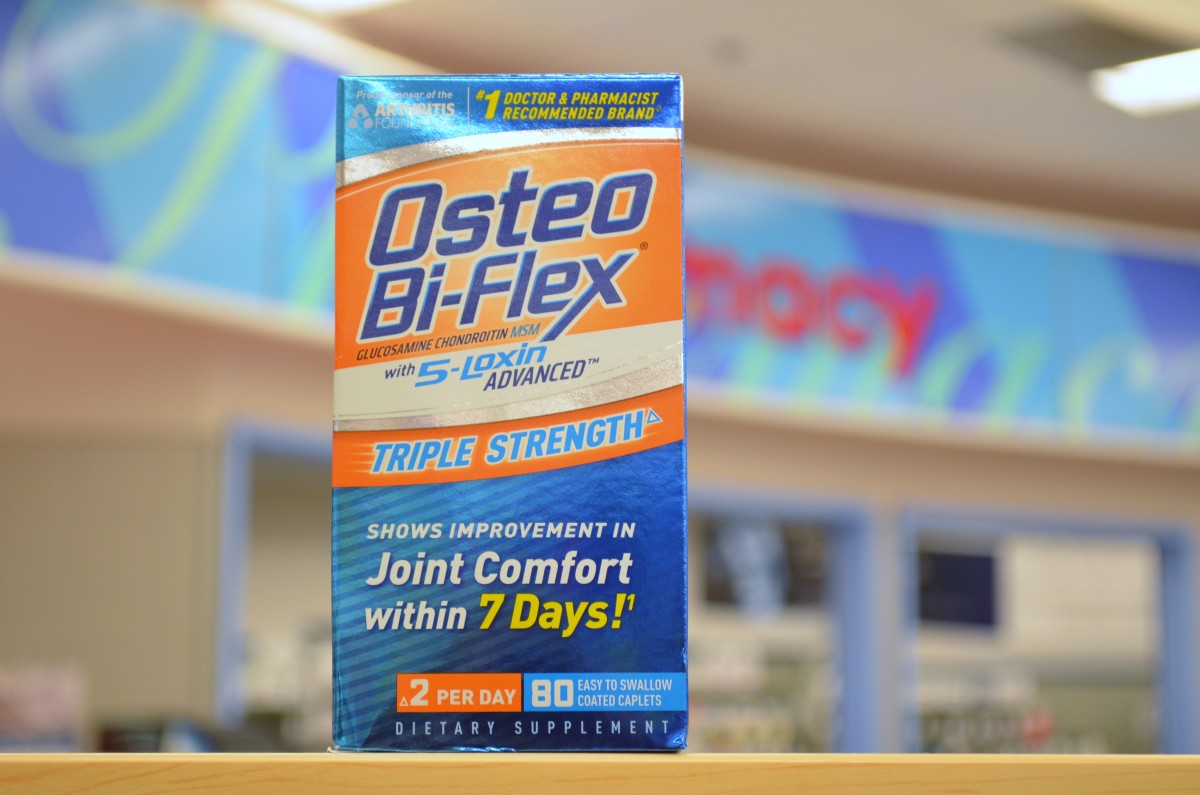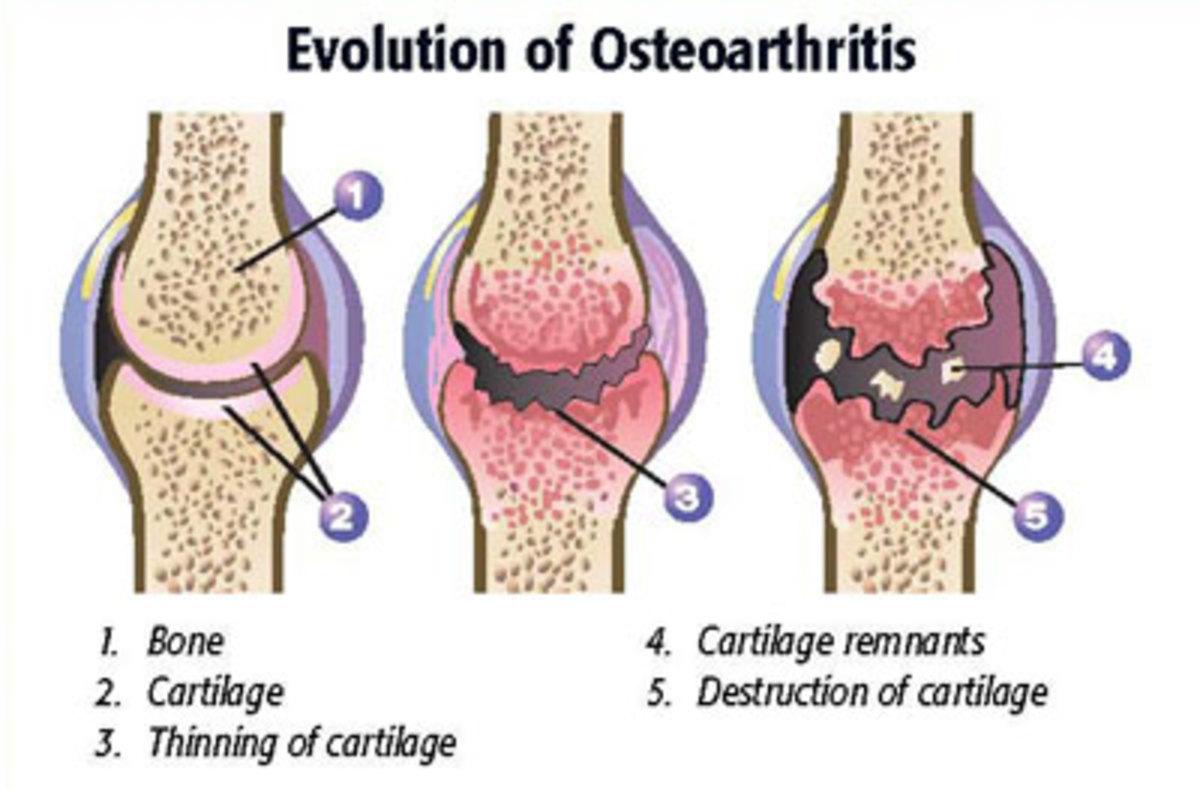What Is Osteoarthritis?
The main joints of the body are the ankles, knees, hips, shoulders, and elbows. If they seem to be chronically stiff or make strange noises when you move them, you might be a candidate for osteoarthritis—arthritis of the bones and cartilage. But this doesn't have to be.
When you upset your body chemistry, immune complexes can collect in the joints. These immune complexes consist of an antigen, such as a food allergy, and an antibody, a substance our body makes to attack foreign invaders (such as bacteria, viruses, or undigested food) in the bloodstream. These immune complexes cause deterioration and fraying of the cartilage and tendons that are attached to the joints.
When we upset our body chemistry, we can create excess calcium in the blood. This excess, nonfunctioning, and toxic calcium is attracted to the joints, possibly in an attempt to reinforce the attachments. If functioning calcium is lacking in the blood, it will actually be removed from the bones and may be deposited in the weak joints. Large deposits of calcium in these joints make them difficult to move and cause a crippling inflammatory effect. This is known as arthritis.
If an arthritic fasts for three days on distilled or mineral water, all or most of the arthritic pain will go away. He will then be able to see the connection between the food he eats and the pain. Once he starts eating again, it is important to figure out what foods are upsetting him and he must remove those foods from his diet. (Fasting is NOT advisable for those arthritics who are taking drugs as the drugs need to be taken with food.) The arthritic must also deal with any stress in his life. A change in diet and lifestyle will free the arthritic from this inflammatory process and pain.
At the same time, a calcium deficiency is also created because not all of it can function due to the low phosphorus. This deficiency of calcium in the bloodstream causes the parathyroid gland to secrete a hormone that helps in getting some of the calcium from your bones into your blood. When this is done over a period of time, bones eventually lose minerals and become brittle and osteoporotic. You can become arthritic and osteoporotic at the same time, as well as having other health problems.
- Too Much Phosphorus May be Bad for Your Bones
Americans have doubled their average daily intake of phosphorus over the past forty years, from less than 800 milligrams to over 1,400 milligrams. During the same period of time, the average daily intake... - The Risk of Using Too Much Calcium Supplement
Taking extra calcium in the form of supplements may seem the obvious way to combat a calcium deficiency. The sale of calcium supplements has increased dramatically since 1983, as middle-aged women seek to...

